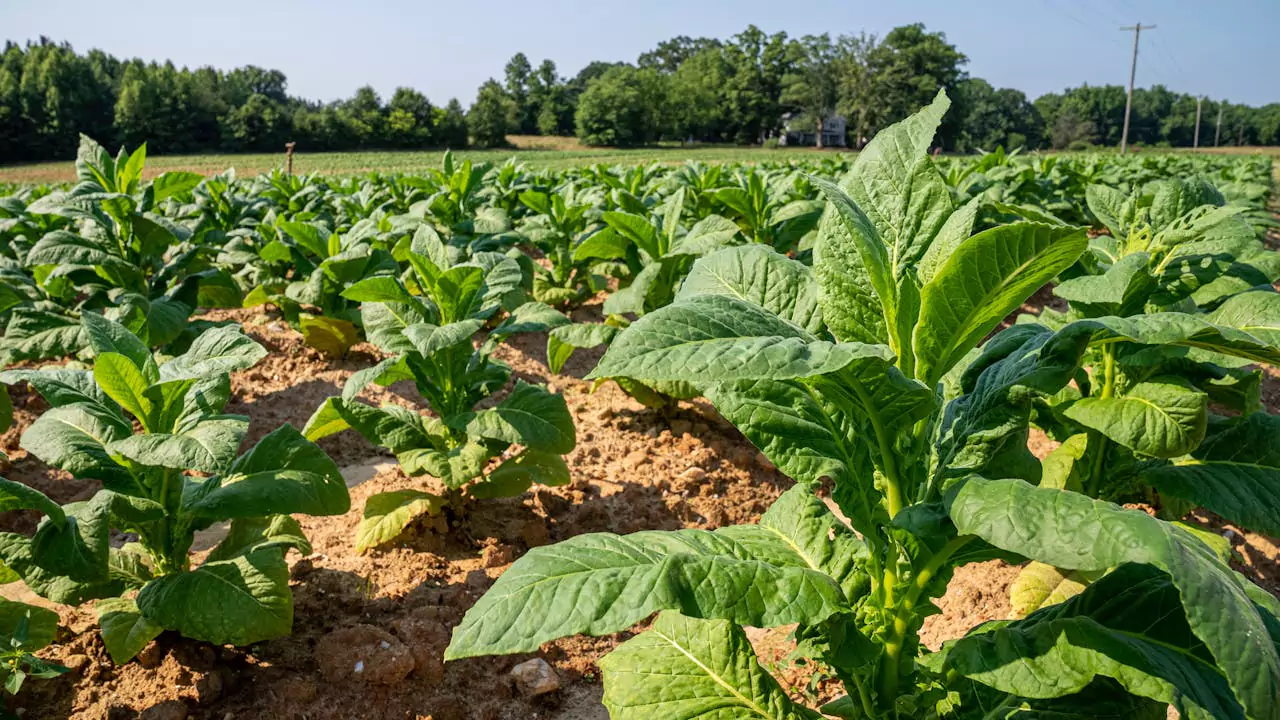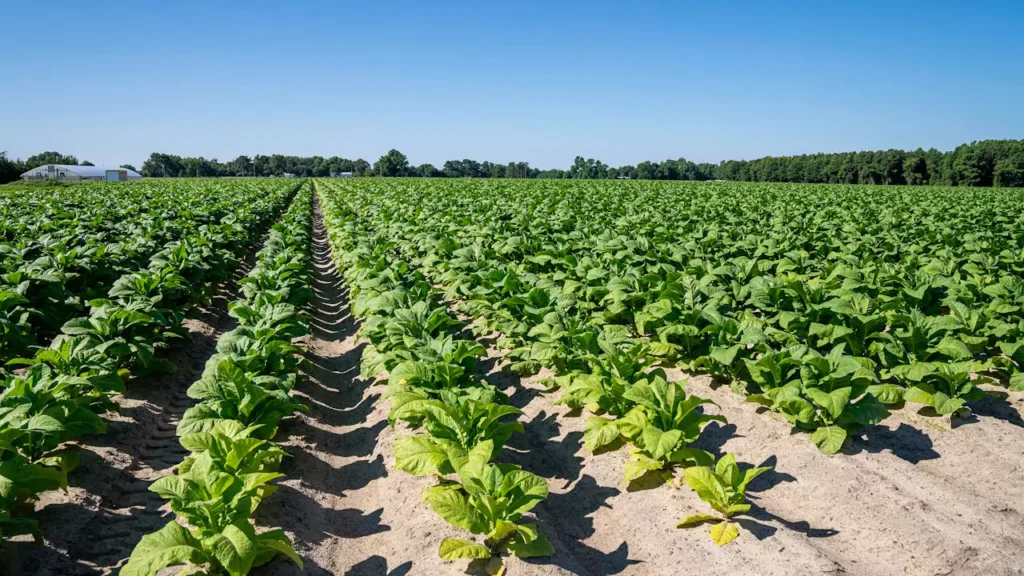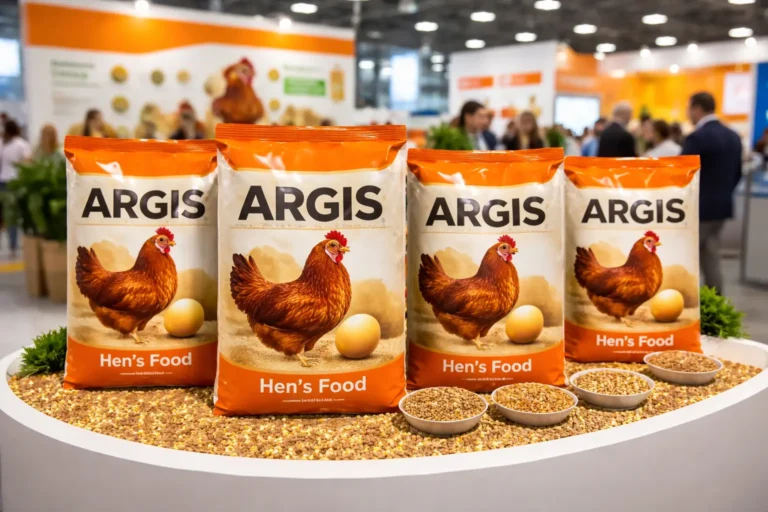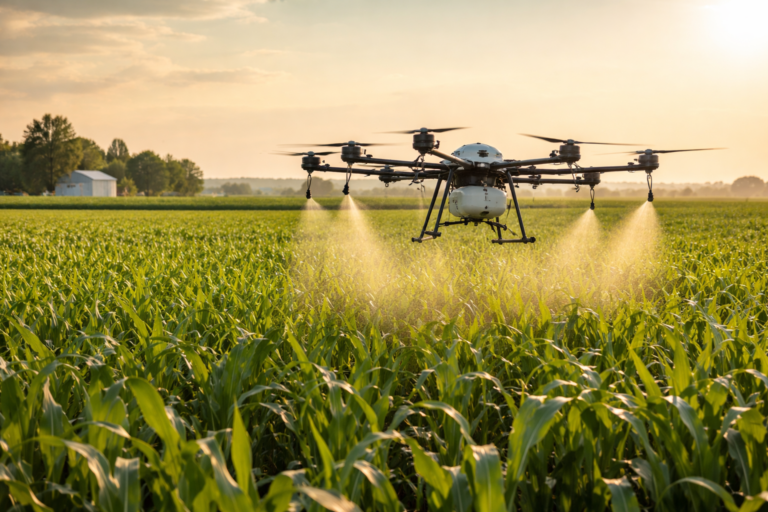
Bayer Refocuses Crop Science R&D and Production in Germany on Strategic Technologies
Bayer AG has announced a significant reorganization of its Crop Science division in Germany, affecting both production and research and development (R&D) operations. This strategic overhaul is aimed at enhancing the division’s global competitiveness amid increasing challenges in the agricultural sector, particularly from generic manufacturers in Asia. The move underscores Bayer’s focus on innovation and cost-efficiency to remain a leader in crop protection technologies.
Responding to Market Pressure and Regulatory Challenges
The primary driver behind the reorganization is the intensifying pressure from generic manufacturers of crop protection products, particularly from Asia. Over the past several years, these manufacturers have built considerable overcapacity, resulting in a flood of generic products entering the market at persistently low prices. In some cases, these prices are even below the manufacturing costs of European producers, creating a highly unsustainable and competitive environment.
Adding to these economic pressures are increasingly stringent regulatory restrictions and the rise of national export barriers. Such conditions have made it difficult for European manufacturers like Bayer to remain profitable and competitive while maintaining high production standards and regulatory compliance.
As a result, Bayer has decided to streamline its operations and place a stronger emphasis on high-value, differentiated products and technologies that provide unique benefits to farmers—benefits that cannot easily be replicated by generic alternatives.
Closure of Frankfurt Site by 2028: Some Activities to be Sold or Relocated
One of the most significant outcomes of this reorganization is Bayer’s decision to wind down its operations in Frankfurt am Main by the end of 2028. This location currently supports the production of herbicide active ingredients and formulations, as well as R&D activities related to herbicides. The site employs approximately 500 people.
Not all functions at Frankfurt will be terminated. Bayer is actively exploring divestment opportunities and hopes to sell certain production lines to external buyers. Other operations will be shifted to Bayer’s existing facilities in Dormagen and Knapsack or will be integrated into the company’s broader European formulation network.
Research and development activities at Frankfurt will also undergo a major transformation. In line with Bayer’s cost-optimization strategy, essential R&D functions will be relocated to Monheim am Rhein, which already houses major research centers for insecticides and fungicides.
Over the past two years, Bayer has invested in building a state-of-the-art R&D facility in Monheim for the development of advanced crop protection products. With these new measures, Monheim will be strengthened as the central hub for Bayer’s global crop science innovation efforts.
A Difficult but Necessary Step
Frank Terhorst, Head of Strategy and Sustainability at Bayer’s Crop Science division, emphasized that these decisions were not taken lightly but are essential for long-term sustainability.
“We are committed to Germany,” Terhorst said. “However, to live up to this commitment in times of considerable challenges, we need to adjust. This results in difficult decisions that are painful for many colleagues. However, these steps are urgently needed to counteract the significant overcapacity and a hopeless price competition with generics manufacturers from Asia, so that we can maintain production facilities in Germany and continue to produce products competitively for our customers.”
He also highlighted the company’s intention to work closely with employee representatives to find responsible and socially acceptable solutions for affected employees. “Our colleagues are highly qualified and do a great job in facilities that are state-of-the-art. We therefore hope that parts of the production activities can be continued with a new owner.”

Streamlining the Dormagen Site for Long-Term Viability
Bayer’s Dormagen site, which is the company’s largest facility for the production of active ingredients and crop protection products, will be reorganized to enhance its long-term viability. Dormagen will remain a central production hub, but its focus will shift toward innovative, strategic technologies that offer greater differentiation in the marketplace.
As part of the changes, Bayer will phase out the production of certain generic active ingredients and associated formulations, which are now widely available at much lower prices on the global market. These changes will be implemented in phases, with completion targeted by the end of 2028.
Based on current planning, the restructuring at Dormagen is expected to affect approximately 200 positions, out of nearly 1,200 employees at the site. The company is working to ensure that all changes are handled responsibly and in close coordination with employee representatives.
“Through the restructuring measures, we are positioning the Dormagen site to be able to continue to play a leading role in Bayer’s global production network,” Terhorst stated. “We are also working with employee representatives on socially responsible solutions for the affected colleagues in Dormagen.”
A Strategic Pivot Under the Five-Year Framework
These restructuring efforts are part of Bayer’s broader strategic “five-year framework,” which was unveiled in March. The framework addresses the fundamental challenges faced by the Crop Science division and is aimed at securing the company’s global market leadership in agricultural innovation.
The framework emphasizes Bayer’s commitment to innovation and sustainability, recognizing the increasing importance of delivering cutting-edge technologies that support food security and environmental stewardship. Over the next decade, Bayer plans to launch several “blockbuster” crop protection products developed through its robust R&D pipeline. These products are expected to offer significant value to growers while addressing global agricultural challenges such as pest resistance, climate change, and soil health.
Reinforcing Germany’s Role as a Global Innovation Hub
Despite the consolidation of some activities, Bayer reaffirmed its commitment to maintaining Germany as its central base for innovation in crop protection. The enhanced role of Monheim as a research center, along with selective investments in other strategic sites, ensures that Germany will continue to be the company’s primary hub for the development of crop science technologies.
“We are aligning our operations to focus on areas where we can create the most value for farmers and for our business,” Terhorst concluded. “By doing so, we aim to secure a strong future for our operations in Germany and remain at the forefront of innovation in the global agricultural sector.”
Let me know if you’d like to adapt this version for a press release, internal memo, or investor update.





